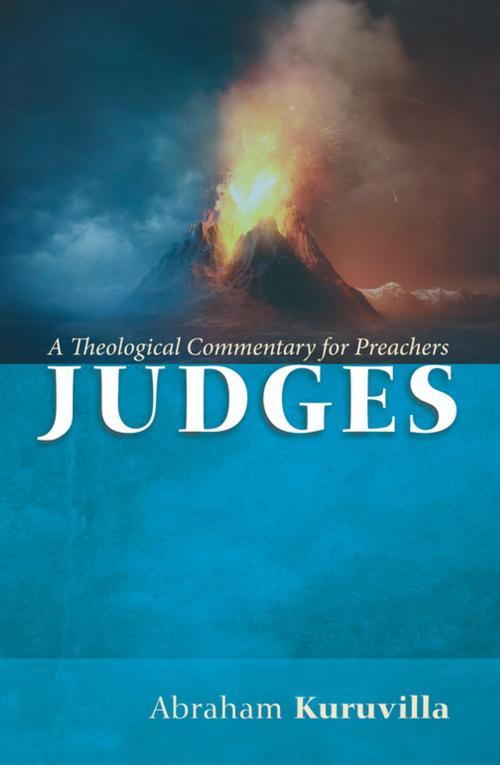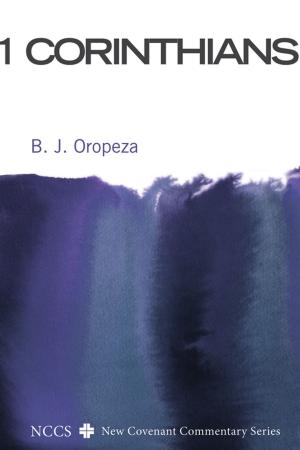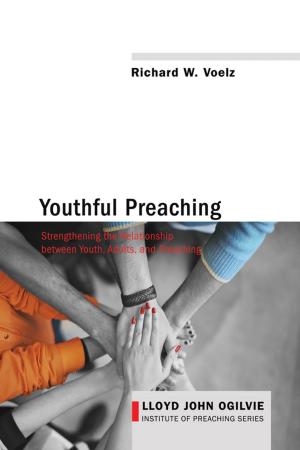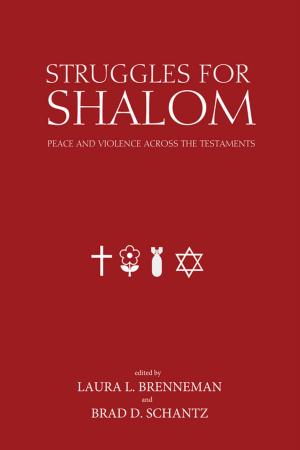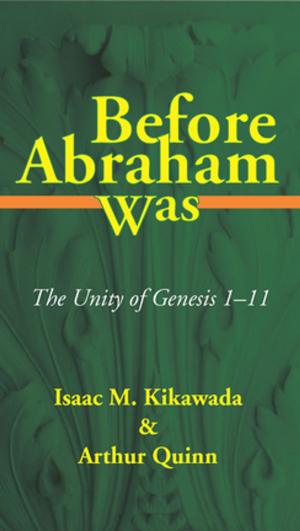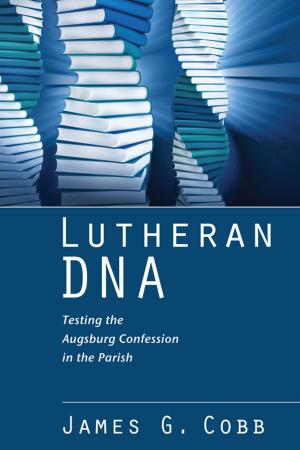Judges
A Theological Commentary for Preachers
Nonfiction, Religion & Spirituality, Bible & Bible Studies, Hermeneutics| Author: | Abraham Kuruvilla | ISBN: | 9781498298230 |
| Publisher: | Wipf and Stock Publishers | Publication: | June 5, 2017 |
| Imprint: | Cascade Books | Language: | English |
| Author: | Abraham Kuruvilla |
| ISBN: | 9781498298230 |
| Publisher: | Wipf and Stock Publishers |
| Publication: | June 5, 2017 |
| Imprint: | Cascade Books |
| Language: | English |
Judges: A Theological Commentary for Preachers engages hermeneutics for preaching, employing theological exegesis that enables the preacher to utilize all the units of the letter to craft effective sermons. This commentary unpacks the crucial link between Scripture and application: the theology of each preaching text (i.e., what the author is doing with what he is saying). Judges is divided into fourteen preaching units and the theological focus of each is delineated. The overall theological trajectory or theme of the book deals with the failure of leadership in the community of God's people. Since God's people are all called to be leaders in some arena, to some degree, in some fashion, the lessons of Judges are applicable to all Christians. The specific theological thrust of each unit is captured in this commentary, making possible a sequential homiletical movement through each pericope of Judges. While the primary goal of the commentary is to take the preacher from text to theology, it also provides two sermon outlines for each of the twelve preaching units of Judges. The unique approach of this work results in a theology-for-preaching commentary that promises to be useful for anyone teaching through Judges with an emphasis on application.
Judges: A Theological Commentary for Preachers engages hermeneutics for preaching, employing theological exegesis that enables the preacher to utilize all the units of the letter to craft effective sermons. This commentary unpacks the crucial link between Scripture and application: the theology of each preaching text (i.e., what the author is doing with what he is saying). Judges is divided into fourteen preaching units and the theological focus of each is delineated. The overall theological trajectory or theme of the book deals with the failure of leadership in the community of God's people. Since God's people are all called to be leaders in some arena, to some degree, in some fashion, the lessons of Judges are applicable to all Christians. The specific theological thrust of each unit is captured in this commentary, making possible a sequential homiletical movement through each pericope of Judges. While the primary goal of the commentary is to take the preacher from text to theology, it also provides two sermon outlines for each of the twelve preaching units of Judges. The unique approach of this work results in a theology-for-preaching commentary that promises to be useful for anyone teaching through Judges with an emphasis on application.
